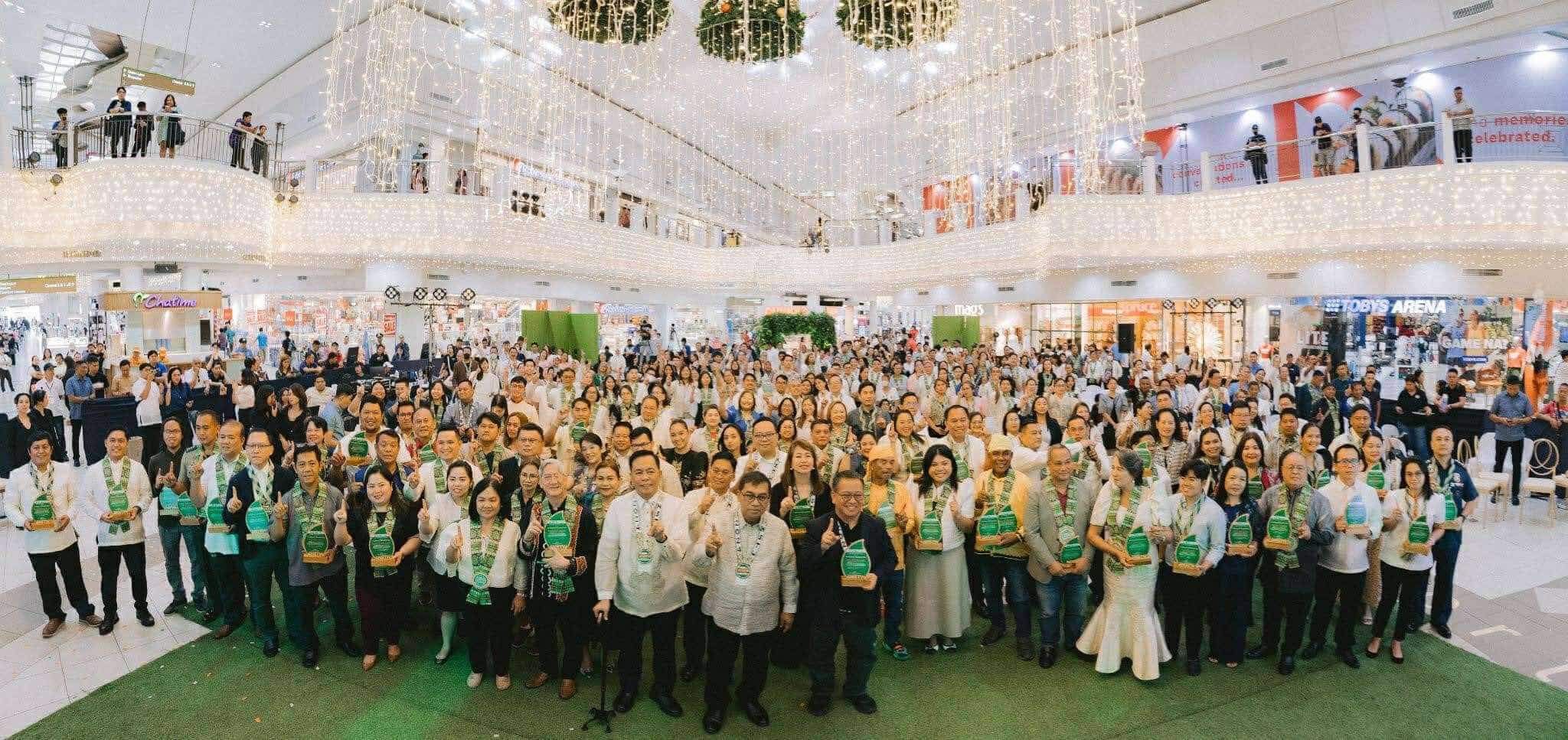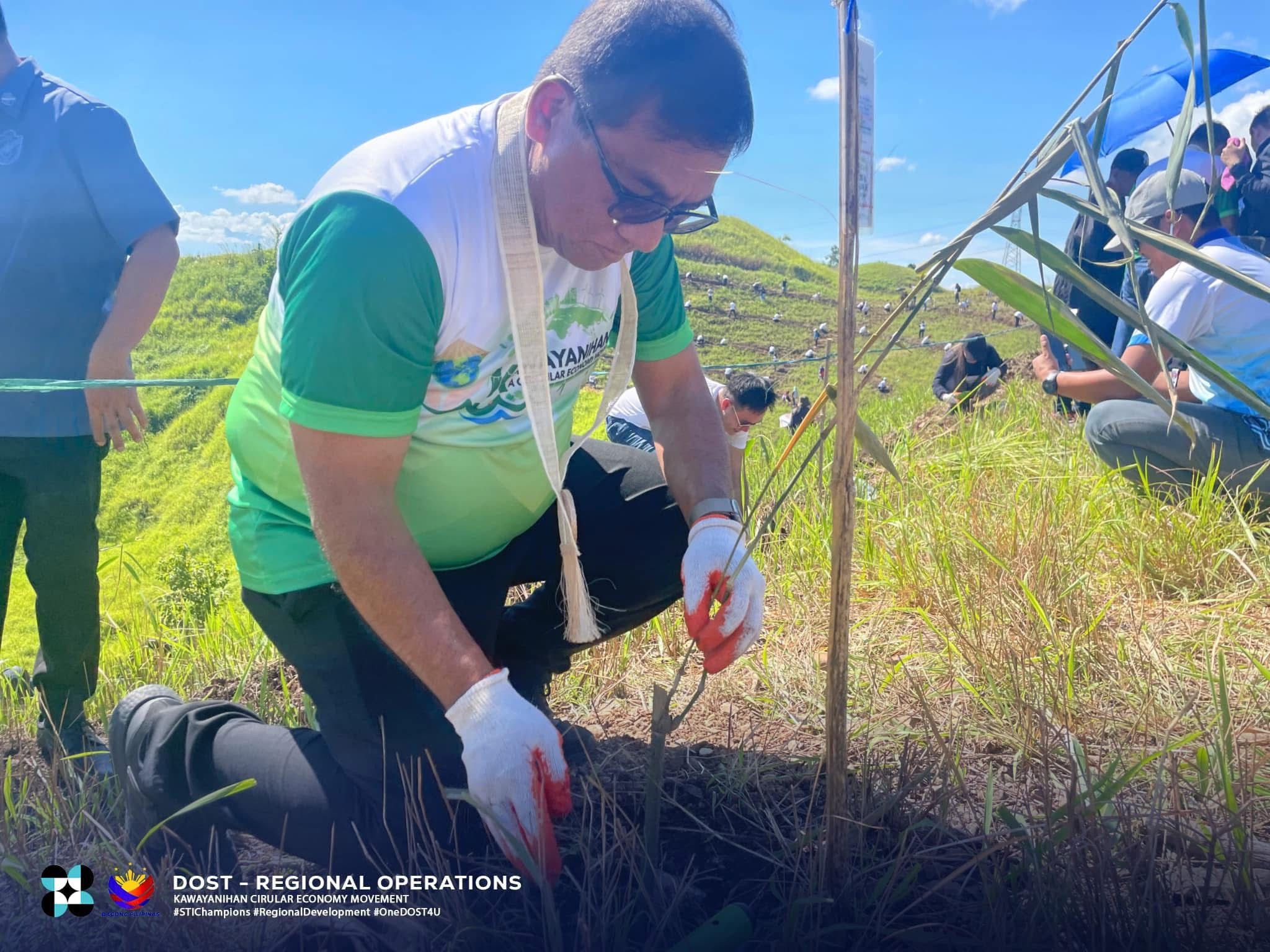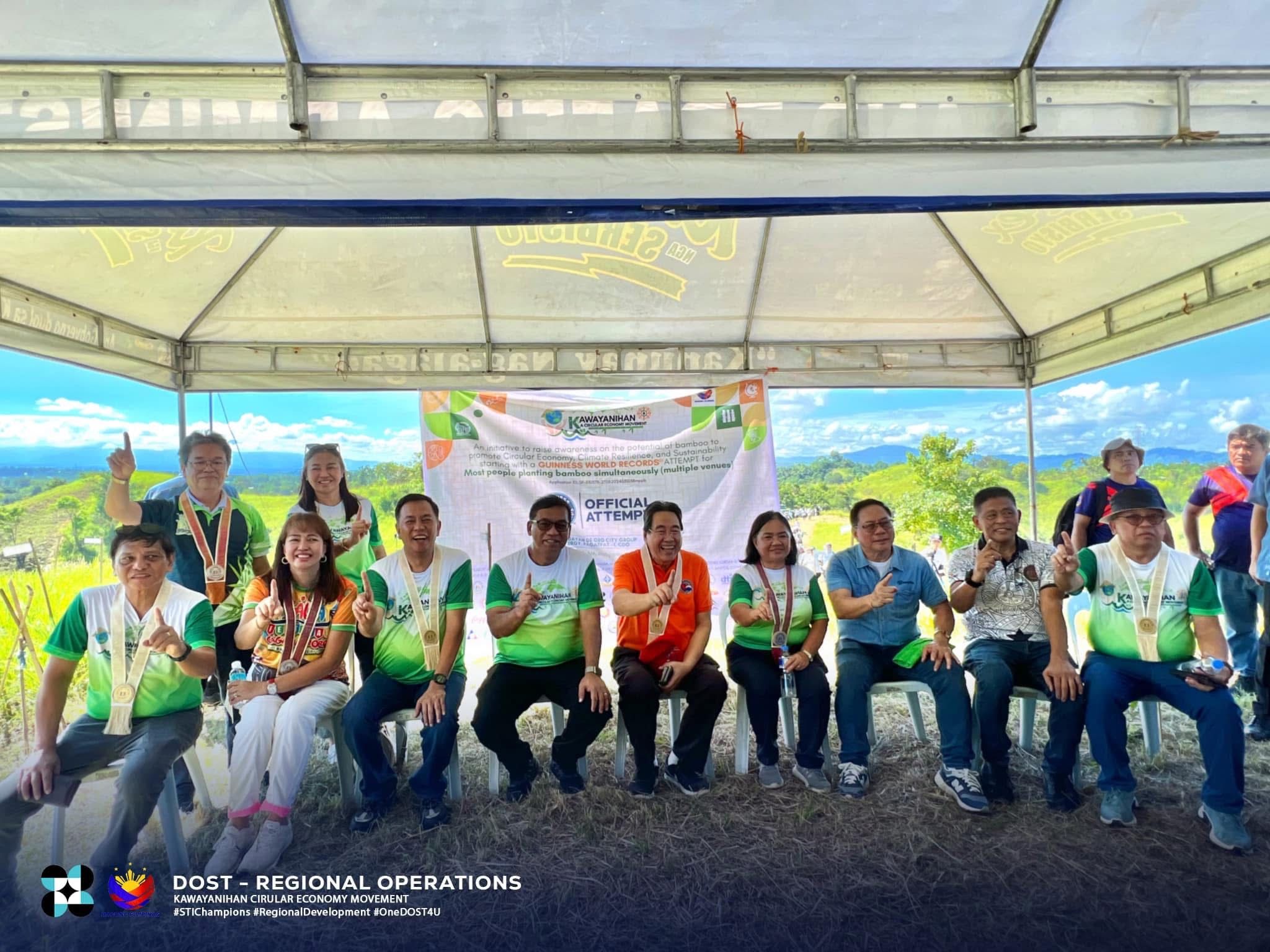
In a landmark environmental initiative, the Philippines set a Guinness World Record (GWR) for the most participants simultaneously planting bamboo, reinforcing its commitment to sustainability and climate resilience.
On October 18, 2,305 planters across 19 locations in Mindanao and Leyte province came together to achieve this record-breaking feat. On November 28, the record was officially confirmed by GWR adjudicator Sonia Ushiriguchi during the National Science and Technology Week celebration held in Cagayan de Oro City.

The initiative, led by the Department of Science and Technology (DOST) in collaboration with its Kawayanihan Circular Economy Movement partners, underscored bamboo’s pivotal role in advancing a circular economy, fostering climate resilience, and supporting sustainable development. "We must love our environment as much as we love our children, ensuring they live in a healthy, peaceful, and stable place,” said DOST Secretary Renato Solidum Jr., emphasizing the need for policies that align with a circular economy framework.
DOST’s efforts garnered strong support from local leaders, including Bukidnon 1st District Representative Jose Manuel Alba, who championed bamboo propagation as a key strategy to combat climate change. “By harnessing the transformative power of bamboo innovation and trade, we can cultivate prosperity from the roots up, lifting communities out of poverty and building a sustainable future for all,” Alba said.

Bamboo is widely recognized as an environmental powerhouse. According to the Climate Change Commission, it absorbs more carbon dioxide than most tree species, sequestering over five tons of carbon dioxide per hectare annually. Additionally, its extensive root system prevents soil erosion, enhances water retention, and aids disaster risk reduction, especially in flood-prone areas. As a versatile material, bamboo also improves air quality, supports biodiversity, and reduces reliance on wood-based products, thereby curbing deforestation.
“The versatility of bamboo makes it an ideal ally in our fight against climate change. Bamboo serves as a carbon sink and contributes to disaster risk reduction. It strengthens community resilience by providing sustainable livelihoods, reducing the need for wood-based products, and preventing deforestation,” said Secretary Robert Borje, Climate Change Commission vice chairperson and executive director.
Borje further highlighted bamboo’s economic potential: “The strategic integration of bamboo in national and local climate initiatives enhances our mitigation and adaptation efforts and empowers communities, especially in rural areas. Through bamboo cultivation, we create economic opportunities and build resilience against the adverse effects of climate change."
With this achievement, the initiative highlights the power of collective action, showing that when we unite with a shared vision, we can achieve our sustainability goals more effectively and create lasting impact.